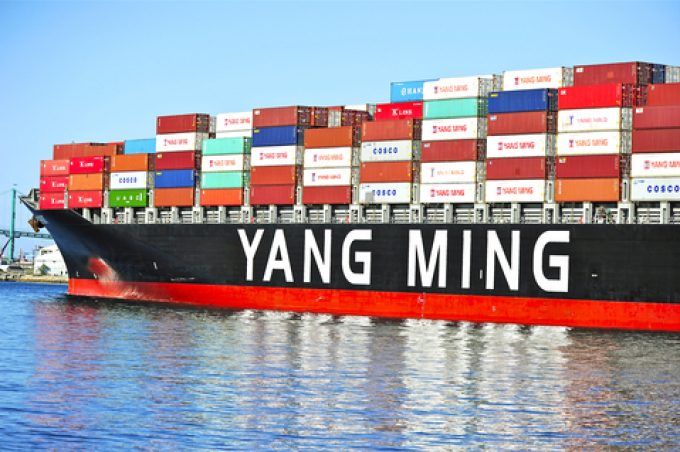THEA 'plugs the gaps' as Gemini network preparations steam ahead
Ahead of the official departure of Hapag-Lloyd from THE Alliance next February, remaining partners ONE, ...

Yang Ming has denied media reports that its chairman and GM, Cheng Cheng-mount and Patrick Tu, paid themselves an ex-gratia bonus after the Taiwanese operator’s earnings began rebounding from the final quarter of 2023.
The statement came a day before Yang Ming released its Q1 24 results today. As freight rates rocketed amid the Red Sea crisis, the Taiwanese mainline operator’s revenue was up 14% from Q1 23, to $1.39bn, while net profit more than doubled, to ...
Volcanic disruption at Anchorage could hit transpacific airfreight operations
Shippers snap up airfreight capacity to US ahead of tariff deadline
New price hikes may slow ocean spot rate slide – but for how long?
Tighter EU import requirements proving 'a challenge' for forwarders
Supply chain delays expected after earthquake hits Myanmar
Looming Trump tariffs will create 'a bureaucratic monster' for Customs
Forwarders stay cool as US 'liberation day' tariffs threaten 'global trade war'

Comment on this article